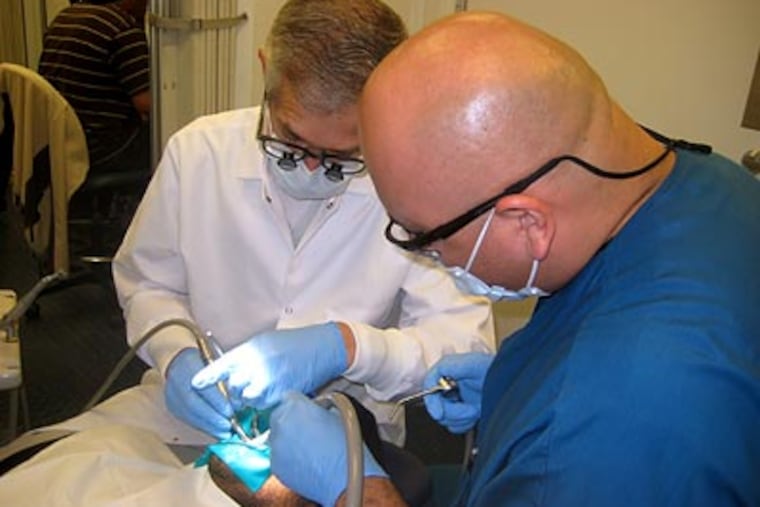The Elephant in the Room: Obama's plan? Or yours?
We should choose a health-care system in which decisions are made closer to home.

The rubber hit the road in Congress last Friday, but it wasn't a transportation bill or a car-company bailout. It was the House vote on "climate change," which would still be known as "global warming" if average temperatures had not inconveniently failed to go up over the past 11 years.
Everyone, of course, wants to be a good steward of our planet. No one wants to be responsible for destroying the rain forests or polar bears. And no one wants his fingerprints on the thermostat if the Earth is warming.
But everything changes when politicians pull the trigger on a program that increases taxes and kills our economy, jobs, and standard of living. The rubber hits the road.
Thus, President Obama had to pull out all the stops - and dish out some healthy helpings of pork - to eke out a slim majority in the House for a "cap and trade" program designed to address global warming.
But getting the needed 60 votes in the more cautious Senate isn't likely. One reason is that the Senate is preparing for the rubber to hit the road on another contentious issue - health-care reform.
Like global warming, health-care reform seems swell in the abstract. Who doesn't want everyone to have all the highest-quality health care he needs?
But what happens when lawmakers attempt to tax employees' existing health benefits, replace private insurance with a government plan, ration care based on patients' utility to society, and limit access to expensive therapies? More rubber. More road. More hitting.
It's worth noting that there isn't a large voting constituency for health-care reform. Roughly 85 percent of Americans have health insurance, and up to 80 percent are satisfied with the coverage they have. Nearly 10 million of the 47 million uninsured are not U.S. citizens, and former Congressional Budget Office director June O'Neill reported last week that 43 percent of them could afford to buy health coverage, but have chosen not to.
This is not an argument for inaction on health care. In contrast to the global-warming issue, there could be serious consequences if Congress fails to act responsibly on health care.
The climate-change bill attempts to solve a problem that is in dispute: the warming of the Earth due to human-produced carbon dioxide. True, temperatures rose over the last century, as they have at other times in the past. But we were coming out of the Little Ice Age (which ended in the mid-19th century). And man-made carbon dioxide accounts for a relatively small proportion of greenhouse gases; water vapor makes up the lion's share.
On the other hand, there is an indisputable problem with our health-care system: cost. However, Obama's original health-care proposal focused not on cost, but on expanding coverage through government. Obama's plan to lower costs is for government experts to ration health care based on cost-benefit analyses, as some European governments do. That does not get to the root of the problem here, in Canada, and in Europe, which is a broken insurance model.
I was talking about health care to seniors in Montgomery County last week, and I suggested that the next liberal cause would be government food insurance. Food, even more than medical care, is essential to life. The average family spends $8,876 a year on it. So why not guarantee every American a right to food? I looked over at grocery entrepreneur Frank Genuardi, who is still going strong at 93, and his eyes sparkled.
Does anyone believe food costs would go down if they were covered by insurance? Insurance protects people from the financial hardship of an unexpected event. It's not supposed to pay for ordinary expenses.
Imagine what would happen to health-insurance premiums if insurers didn't have to cover the first $3,000 of health expenses each year. They would plummet. There would be real competition among primary-care providers. And you, not the government, would decide how to ration your health-care dollars.
Imagine, furthermore, if all the money the government saved through reduced premium costs went to help you cover those out-of-pocket expenses tax-free.
So who would do a better job controlling costs and making the right decisions for your family - you or the government? We know Obama's answer. What's yours?